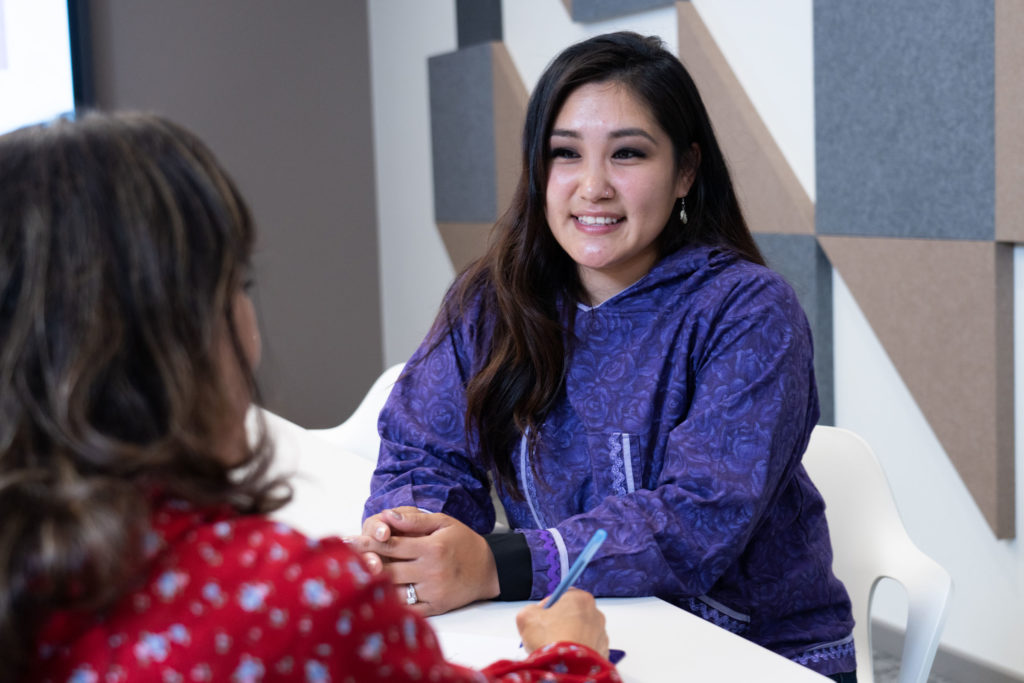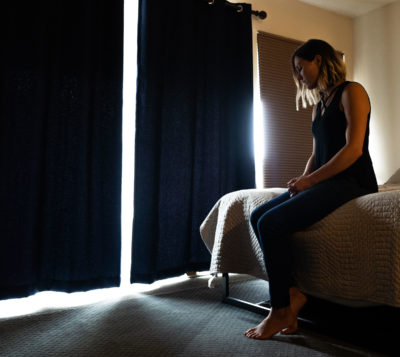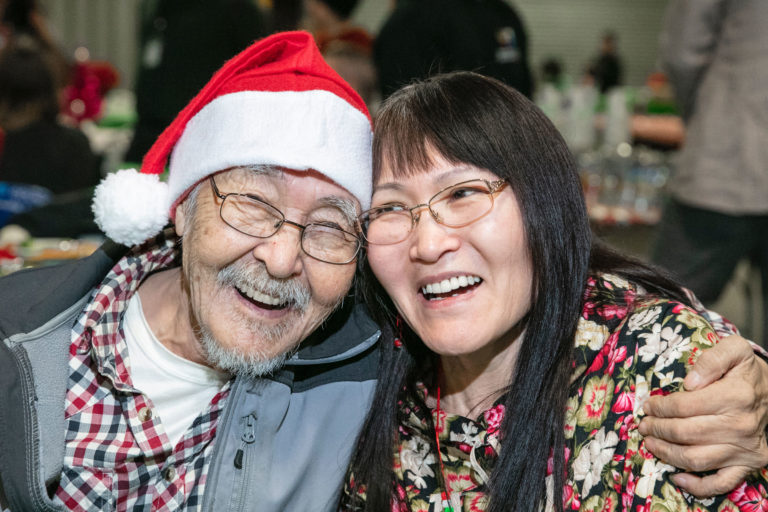ANJC turns its focus to Alaska’s most vulnerable populations as it expands new services beyond Anchorage in 2021

Starting in 2016, the Alaska Native Justice Center’s Domestic Victims of Human Trafficking project has brought service providers together to respond to the needs of victims of human trafficking in the Anchorage community. Working with local and government agencies, ANJC helped identify the challenges and opportunities for creating systems to provide assistance to the growing number of trafficked individuals in Alaska.
Meanwhile, in 2019 ANJC expanded their services for victims of crime to address issues faced by Alaska Native Elders. In its early stages, this effort provided a case manager to individuals through Southcentral Foundation’s Elders Program; through this partnership, ANJC is able to advocate for Elders who find themselves the victim of fraud, guardianship issues, abuse, and more.
In 2021, ANJC will expand both of these programs statewide.
Collaborating in the Fight Against Trafficking
 “This is a prime time to address human trafficking in Alaska because people in communities through the state are sharing more openly about sexual assault,” said Marlene Mack.
“This is a prime time to address human trafficking in Alaska because people in communities through the state are sharing more openly about sexual assault,” said Marlene Mack.
According to a Covenant House study done in 2017, Anchorage has the second highest prevalence of trafficking among the ten cities studied. Social media has made it easier for traffickers to lure young people from rural areas to the city.
New funding opportunities will enable ANJC to extend anti-trafficking support into rural communities across the state in 2021. With the support of partners like the Alaska Federation of Natives, Bristol Bay Native Corporation, Bering Sea Women’s Group, and Aleutian Pribilof Islands Association, ANJC will work closely with Alaskan villages to create a community-led response to trafficking that addresses specific local needs. Through this effort, ANJC will provide training, education, and anti-trafficking tools to anyone seeking assistance.
“Our Anchorage-based anti-trafficking model has been very successful, but as we go into rural communities, it’s more about following their lead and providing support,” said Marlene. “We started working with Knik Tribe on this model in 2020 and in 2021 we will branch out to more rural areas and provide the resources and help them build their own anti-trafficking model, with their guidance, to address their specific needs. Collaborative partnerships like these are vital to the effort of fighting trafficking in Alaska.”
Taking Care of Our Elders

“It took a little time for them to warm up, but once they did, they were swarming me,” described Colleen Ouzts, a paralegal with ANJC who is working closely with the Elders Program at Southcentral Foundation to assist older Alaska Native people with advocacy and legal services.
Locally, ANJC has helped Elders who have been the victims of fraud or violence or who have needed assistance getting out of state-assigned guardianships.
The most common issue Elders bring to Colleen is guardianship, whether they find themselves responsible for another family member or have been assigned a guardian themselves. Colleen also sees a great deal of legal paperwork that Elders need help interpreting.
“So often, they’re working on their phones, and the screen is so small — it can just be overwhelming,” said Colleen, who also appears in court to advocate for Elders involved in hearings. “I think my being there empowers them to be present and speak on their own behalf.
A new grant, under which ANJC will partner with Alaska Legal Services, will support enhanced Elder services, including case management, paralegal services, and supportive services.
“Our people don’t come to us with a single need or issue,” commented ANJC Director Tammy Ashley. “As a team, with our partners like Alaska Legal Services, we’re able to respond to a variety of needs and fill in those gaps where our Elders are not getting the support they need.”
Under the grant, ANJC will also provide outreach, training, and advocacy for rural and tribal communities in other regions of the state.
